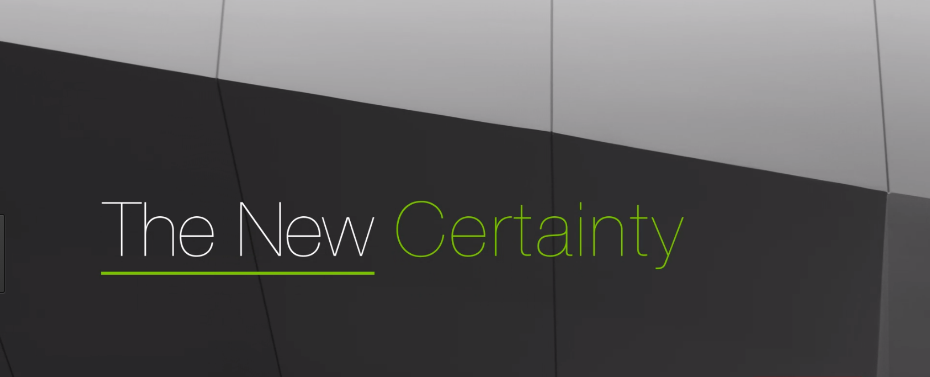- The five financial services companies here comprise 20% of the population but account for well over half the total disputes in any given year.
- The only other company with very high litigation exposure is Johnson + Johnson, single-handedly accounting for on the order of 20% of all the disputes in the sample.
- Technology companies noticeably under-index on litigation: They’re a third of the sample by number but in the range of 2-4% of all disputes
- And most importantly, after the initial two years (2012, 2013) in the mid-70,000’s for total disputes in the sample, it declined by give-or-take 10,000 per year for the next three years, much, but not all, of that decline attributable to financial services’ exposure.
So: Hypotheses to explain this?
It’s possible the decline in financial service disputes owes to statutes of limitations running out four or so years after the 2008/’09 meltdown. Or it could simply be that all the meltdown-related suits there were to be filed were filed in a timely fashion. That’s probably some part of it.
But J+J’s totals also declined markedly, which leads me to a second possible hypothesis: AI and the increasing power of early case assessment.
Both these tools, which are of course joined at the hip, have been rapidly increasing in power and precision. Novus Law (a new non-law firm legal services provider that I write about in Tomorrowland) won the College of Law Practice Management’s “Innovaction” award* this year, the second time Novus has won.
[* I take no responsibility for the name of this award.]
The specific product that won is called Novus Accelerate, and here’s how it’s described in the winning submission:
Novus Accelerate identifies, examines and turns the relevant evidence most likely to tell the story of“what happened” into useful information within days and weeks, not the months and years typical with the traditional multi-touch process used throughout the legal industry. This provides corporate clients with the information they need to make better decisions faster and resolve more matters sooner and less expensively.
[For example:] On a recent matter, Novus Accelerate successfully surfaced 81% of the key and hot documents in six days by examining only 13% of the evidence in the matter. … Our client learned “what happened” three weeks into a several month long process, or approximately five times faster than is possible with the traditional multi-touch process used throughout the legal profession. As a result, our client changed their litigation strategy for the matter, filed an early motion for summary judgement, and is currently in a settlement discussion. All of this is taking place long before the examination of the evidence is complete and before our client produces documents to the opposing parties.
I would hope all readers could join me in celebrating this as the kind of breakthrough win for applied use of AI, machine learning, and “big data” sifting that it is. But it’s conspicuously one other thing as well: A way to drastically cut law firms’ revenue.
Back to my second hypothesis for the reduced number of filings shown in the data: As effective early case assessment grows in capability and sophistication, rational clients, and their rational law firm advisers, knowing what they’re in for if they go to the mat, will take care of more matters upfront with a nasty letter or a quick check in an agreed-upon amount, and an admission-free settlement and release. No action will need to be filed.
Great for the macro economy and the reduction of deadweight frictional transaction costs; not so great for litigation practices.



